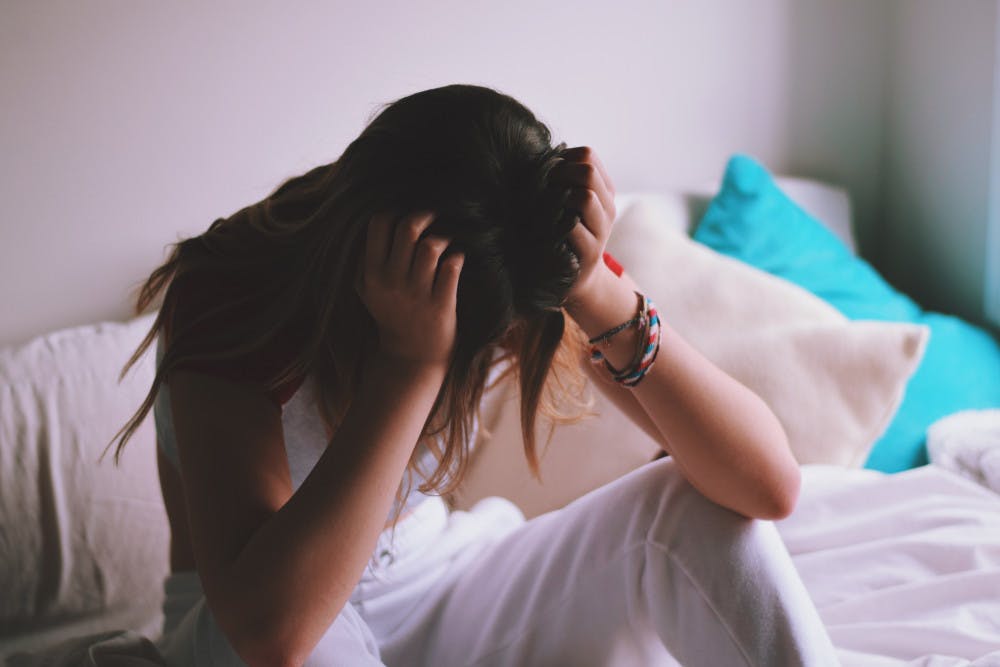By Aratrika Dey
Correspondent
As vaccines become increasingly more available day by day, things seem to be headed towards the sense of normalcy we were all used to before the pandemic hit.
In the foreseeable future, we most likely will not have to conduct everything virtually. Although this is a positive change that society has been striving for, there is still uncertainty surrounding post-pandemic life.
Dr. Jenny Taitz, an assistant clinical professor in psychiatry at the University of California, explained to The New York Times why it may be hard to adjust to life after the pandemic.
“In some ways, you might think that Covid-19 would be a boon for people who relish alone time or who worry in social situations, but as a clinical psychologist, I’m noticing that despite socializing less, many of my clients are stressing more about connecting,” she said.
According to Taitz, many people may be prone to experiencing this fear regarding connecting with others in person after the pandemic, regardless of whether they are naturally outgoing.
“Even those who generally describe themselves as extroverted are noticing social anxiety, an umbrella term for a common problem that exists on a continuum of intensity and can have a variety of triggers, from public speaking to participating in casual conversations to making reasonable requests,” said Taitz.

Dr. Carla Manly, clinical psychologist and author of “Joy From Fear,” said that the root of this anxiety may be due to the unpredictability of post-pandemic life.
“Anxiety arises as an indicator that we are fearful of a future event, and in the case of post-pandemic anxiety, many people are prematurely feeling worried about what they will face when the pandemic is over,” she said to Well + Good.
Junior English major Alyssa Boss explained the difference between communication through technology and interacting face-to-face, and how that might affect a student’s social life.
“I look back at old pictures where I'm hugging my friends and family and I think ‘we really could do that?’ Now I'm nervous to even text some of those same people, because the gap between us seems greater than just a social distance, and everyone knows the text communication versus face-to-face is completely different,” said Boss.
Freshman English major Michelle Sonbati said although vaccines are becoming available, the pandemic is still a threat.
“I think that we need to normalize not teasing people who have stricter boundaries when it comes to the pandemic,” she said. “In America, cases are very high and social distancing and mask-wearing is extremely important. We need to stop teasing people who are taking precautions for being too safe and start respecting people's boundaries. I think this can help ease anxiety.”
Junior psychology major Maya Nandy said that post-pandemic anxiety — and anxiety itself — is not talked about enough.
“I guess a good way to talk more about it would be a social media campaign through Roar and other TCNJ sites,” Nandy said. “We could have a lecture on it.”
When it comes to dealing with social anxiety in these times, Nandy said to be in regular contact with the people in your life.
“I would venture to those you kept in touch with via technology and other means! And try meeting people while socially distancing as often as you can,” she said.
Sonbati advises the utilization of preferred methods of relaxation, in addition to seeking professional help if needed.
“Do what you need to do to relax, whether that's seeking advice from a professional, exercising more, practicing some breathing exercises,” said Sonbati. “We each have our own thing. Most importantly, remember there is no shame in asking for help.”
Boss said that being considerate to yourself goes a long way, since dealing with social anxiety can be even more difficult during the pandemic.
“Something like seeing friends or family for the first time in a while, or making that important phone call, or even sending a single text can all be nerve-wracking,” she said. “So we should acknowledge how hard it is. We need to be compassionate to ourselves as much as possible in a time like this.”







